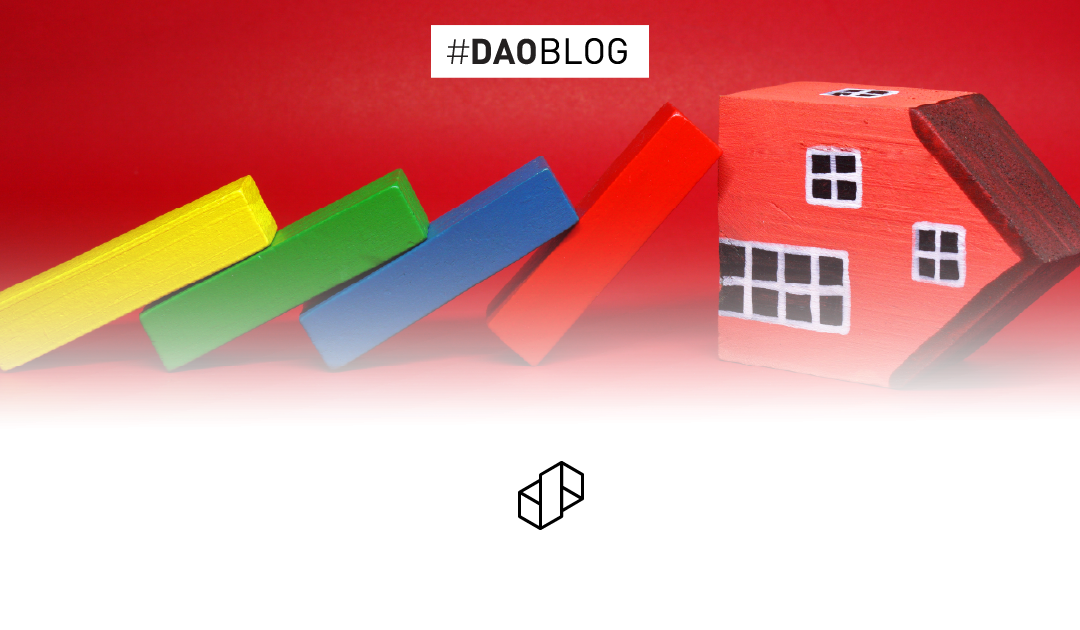If you’ve ever been out to purchase property or real estate in Pakistan, you must have seen a lot of red flags. While there are some genuinely good-natured individuals and companies working in the real estate sector, the market is also rife with scammers waiting to pounce on their next victim.
To guide our readers better in this regard, we’ve composed a list of the seven biggest problems in the Pakistani real estate market, and how you can avoid some of them.
1. Most real estate in Pakistan is owned and operated by a select few
The real estate sector of Pakistan is primarily owned and run by a select few who dictate the market trends. Real estate is a high-ticket asset which means that you require large amounts of money to invest in it. These high barriers to entry leave behind little chance for the general masses to come into the market and play their part, resulting in an oligopoly. This effect is then passed onto the end consumer, who has no option but to pay sky-high prices for their demands.
2. Overselling
Overselling in the Pakistani real estate market is more common than you might think. Many housing societies float more files than the actual plots. Another rising issue is the misuse of the micro investment model, where some companies sell square feet or a “fraction” of the unit to people to reduce barrier to entry. However, the developers wrongfully sell as many square feet as they want to without the investors questioning it. A project may comprise 100,000 square feet, but the developer can sell 200,000 square feet and pocket the surplus money.
This is why a decentralized, public ledger is very important, where every investor can see exactly how many square feet a project has, and how many have been sold.
3. Over Pricing
Since developers don’t share the costs of their projects, investors and consumers are unaware of the premium they are paying, which gives the developer a free hand to charge a huge profit that has a multiplier effect on the market, further inflating the prices. It is, therefore, very important that you be aware of a project’s total costs and the premium you are being charged. The projects on DAO PropTech’s platform share their developmental costs transparently. In addition, DAO PropTech’s pioneering cost-based pricing methodology doesn’t include any hidden charges, project prices are based on actual project costs.
4. Unfair valuations
Realtors in Pakistan use various methods to inflate the value of the property you are buying. This can include comparative analysis based on market trends, which is flawed in nature since the market is manipulated easily as explained above. A safer way of evaluating your property is rental analysis. Watch our video on valuing a property through its rental income.
5. Dealer Network
The property dealers’ network in Pakistan can also be a huge pain for buyers and sellers alike. A lot of dealers are not properly trained in developmental real estate and tend to convince the buyer to invest in a project that maximizes the dealer’s commission, instead of the buyer’s gains. There is also a severe lack of training and regulations in the market which the dealers take full advantage of. A common term used in the real estate dealer networks is “top” where a dealer oversells the property to a buyer while giving the seller a lesser price. This is achieved by including a third person (usually a partner or relative of the dealer) who buys the said property at a lower cost and immediately flips it. This extra profit is gained on top of the dealer’s commission that is earned from both sides, hence the term “top”. You can save yourself from these scams by first studying the market thoroughly, going to multiple people and doing your due diligence online so you are aware of the on-ground prices.
6. Failure to deliver on promises
Real estate developers in Pakistan tend to over-promise on what they will deliver and then consequently fail to meet the expectations of the consumer. They may have promised a certain standard of development in the society, or a certain quality of construction, or amenities in the project or even given deadlines regarding the delivery of milestones that may not be realistically achievable. Consequently, the investors would end up disappointed. It is very important to see the list of past projects of a company before investing in any of their projects. Don’t fall for promises of higher rental yields or amenities that are too good to be true. Instead, a spotless track record on the developer’s part means your investment is usually safe.
7. Liquidation hurdles
Real estate tends to be illiquid throughout the world. However, in Pakistan, real estate seems to be more illiquid than average. This is because of the tedious procedures one must go through to buy or sell real estate. Each developmental authority has its own rules and regulations. One needs to be very well-educated so that buying or selling real estate does not get time-consuming.
To read about 7 Learning tips, Click here.

Esa Imran
Digital & Communications Specialist


 Book a Meeting
Book a Meeting